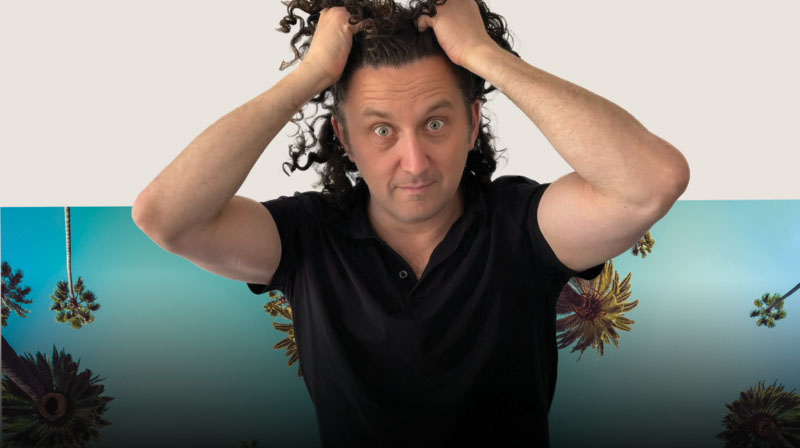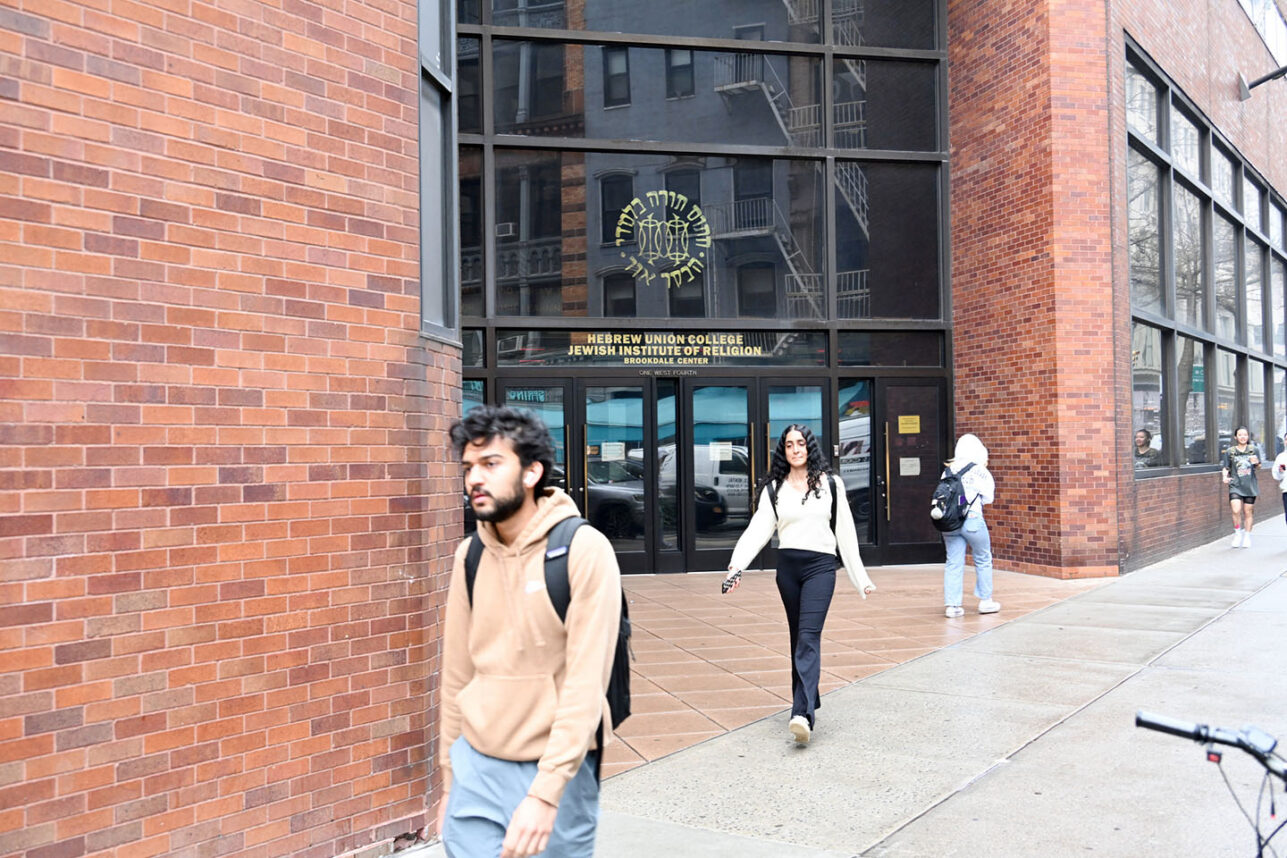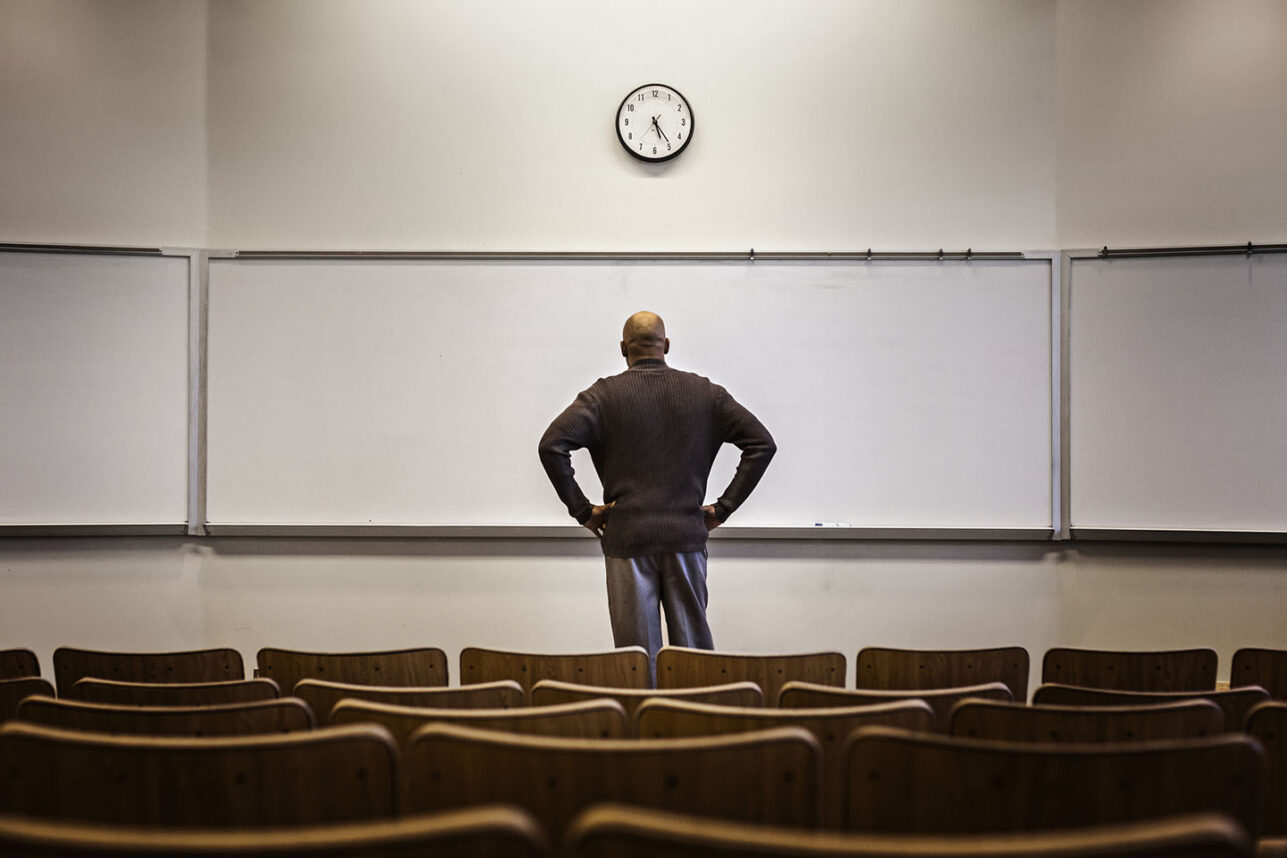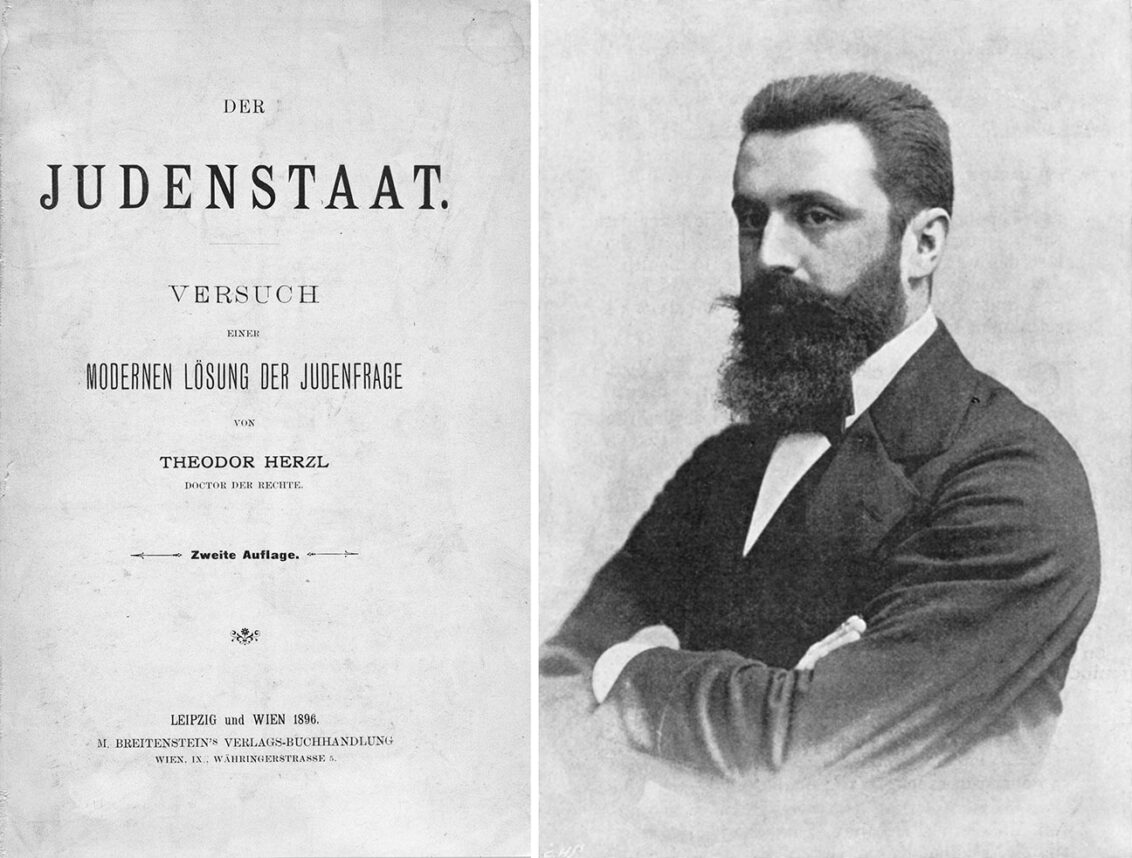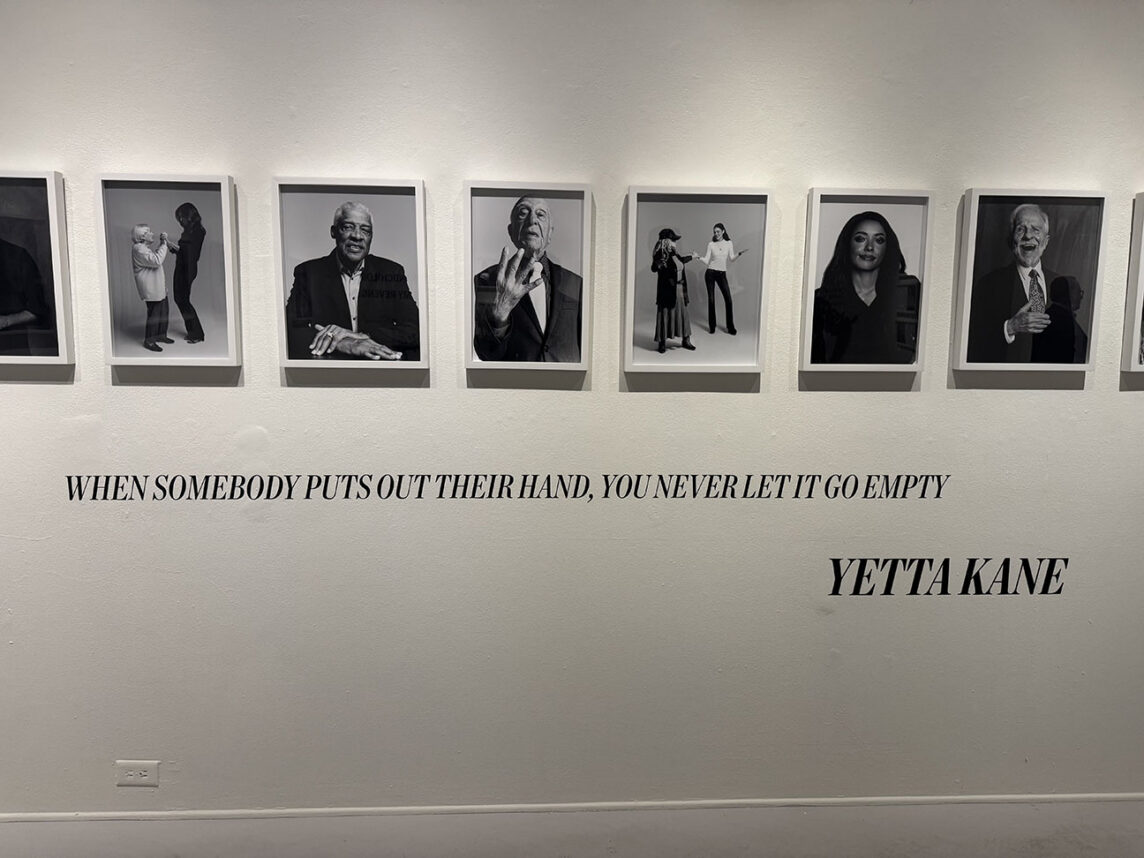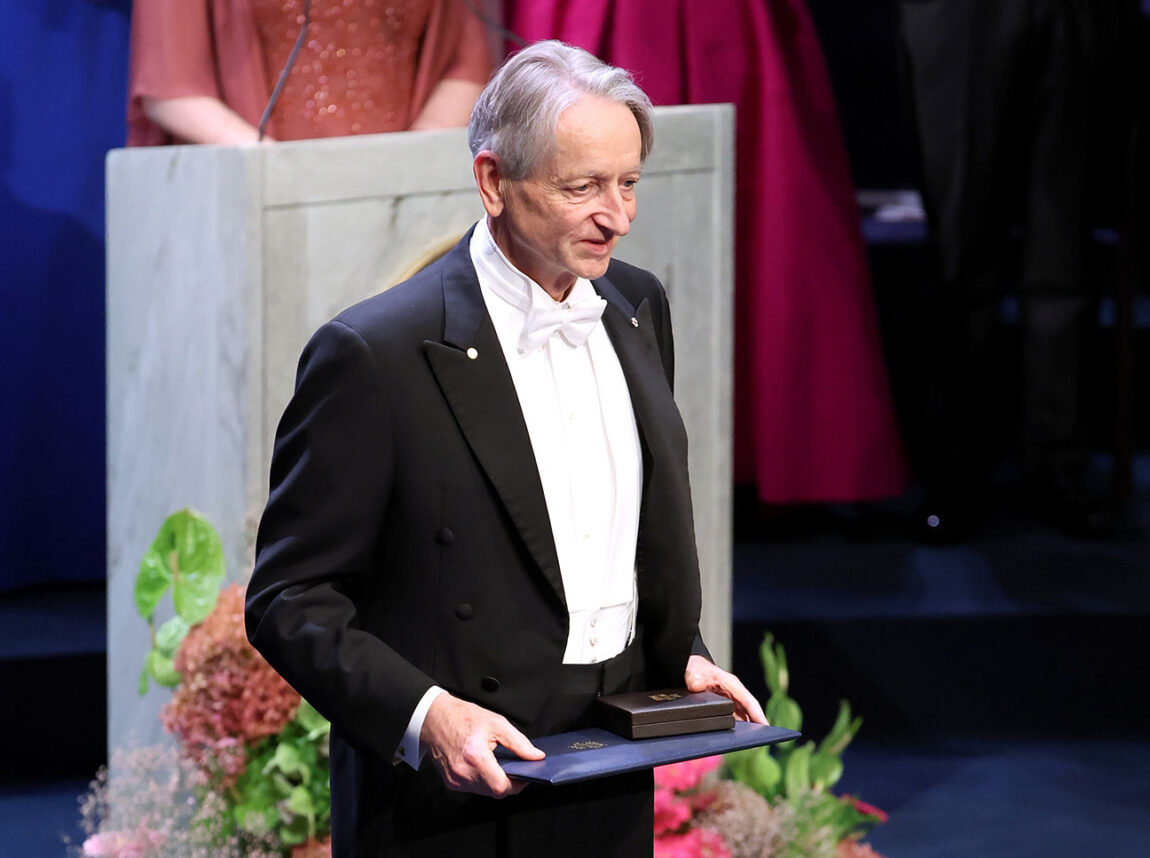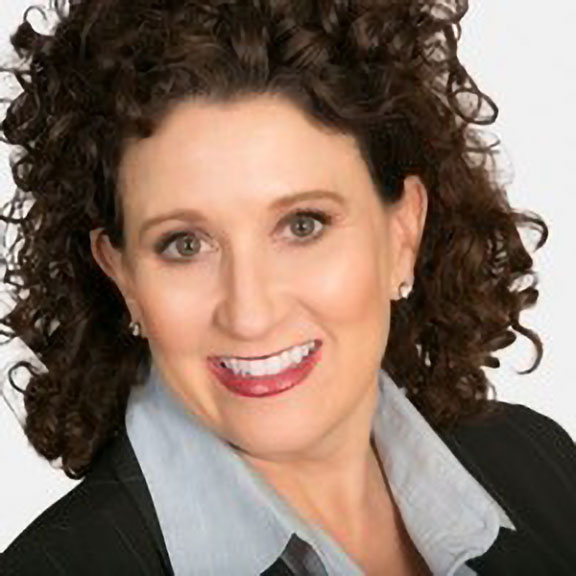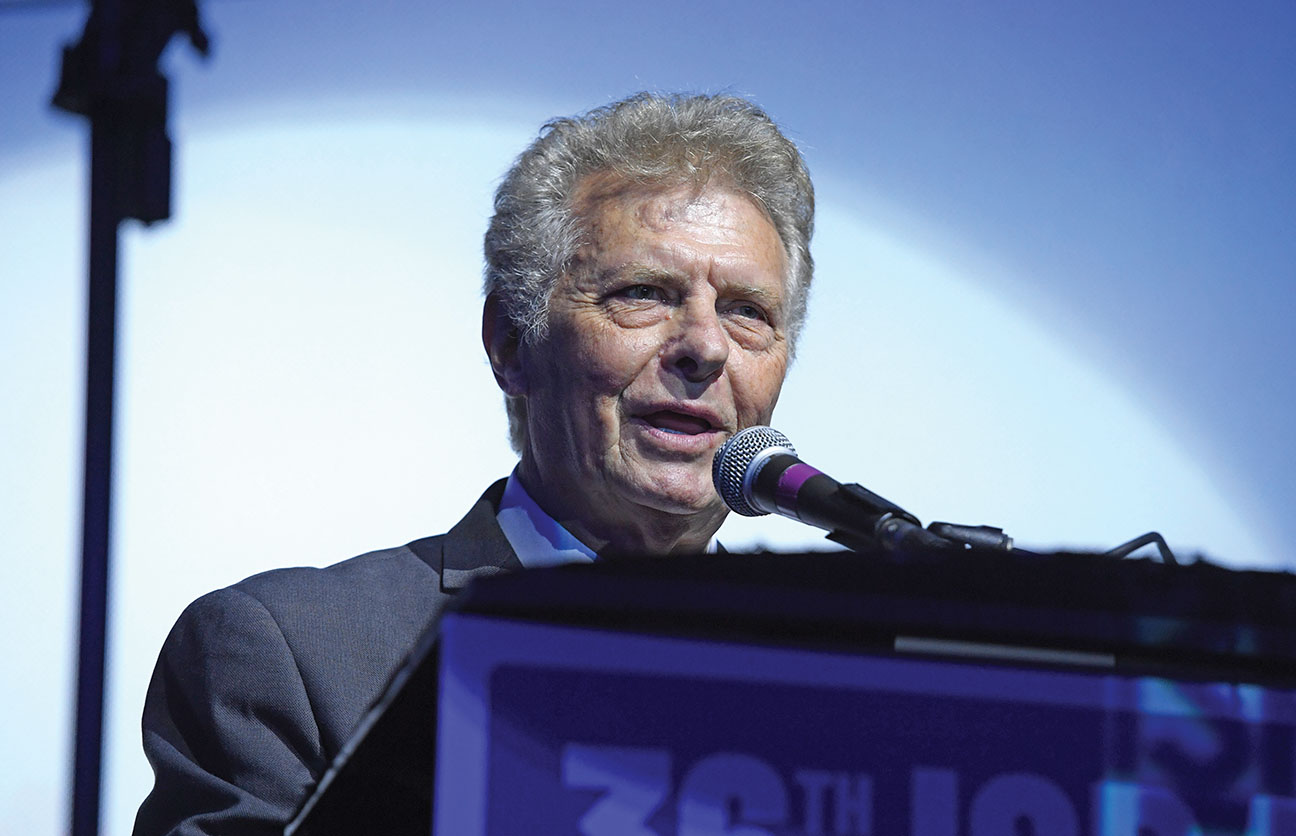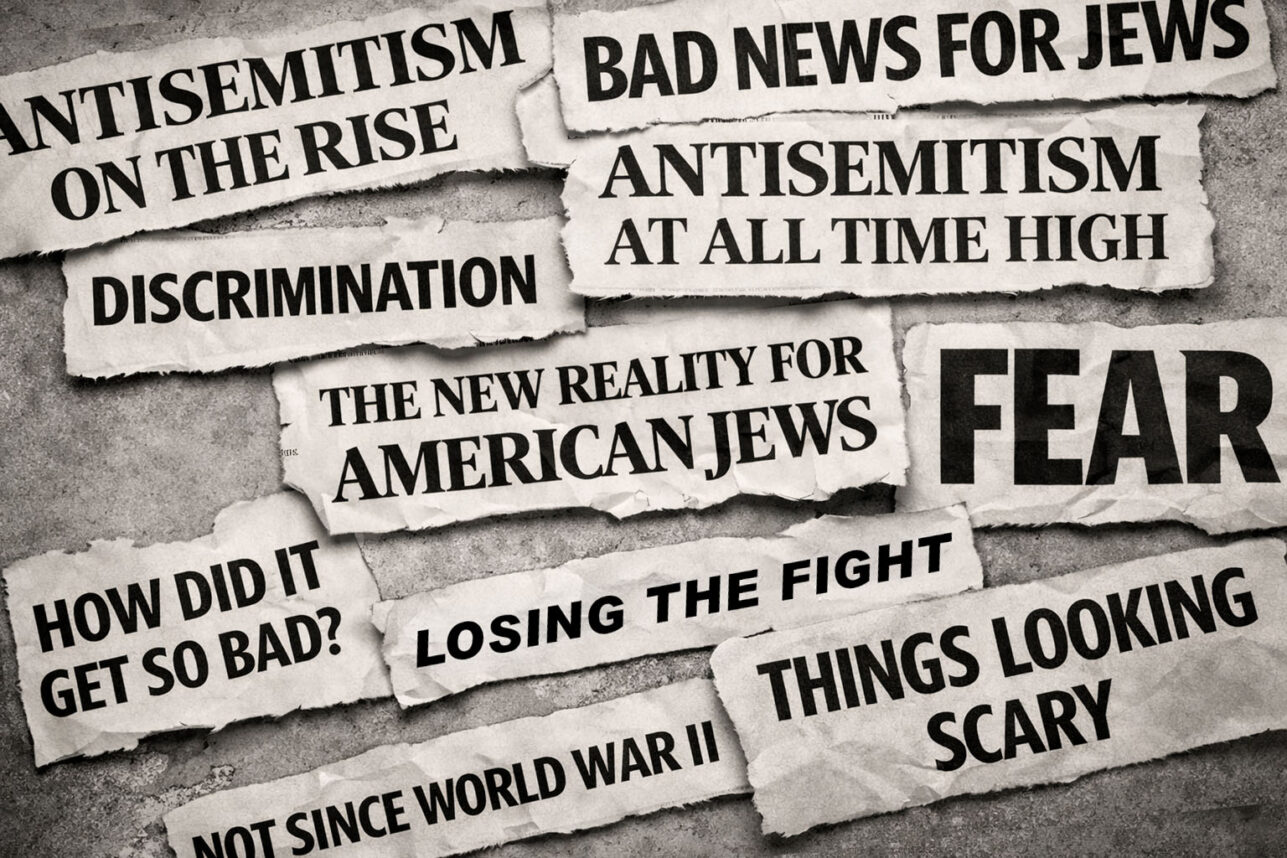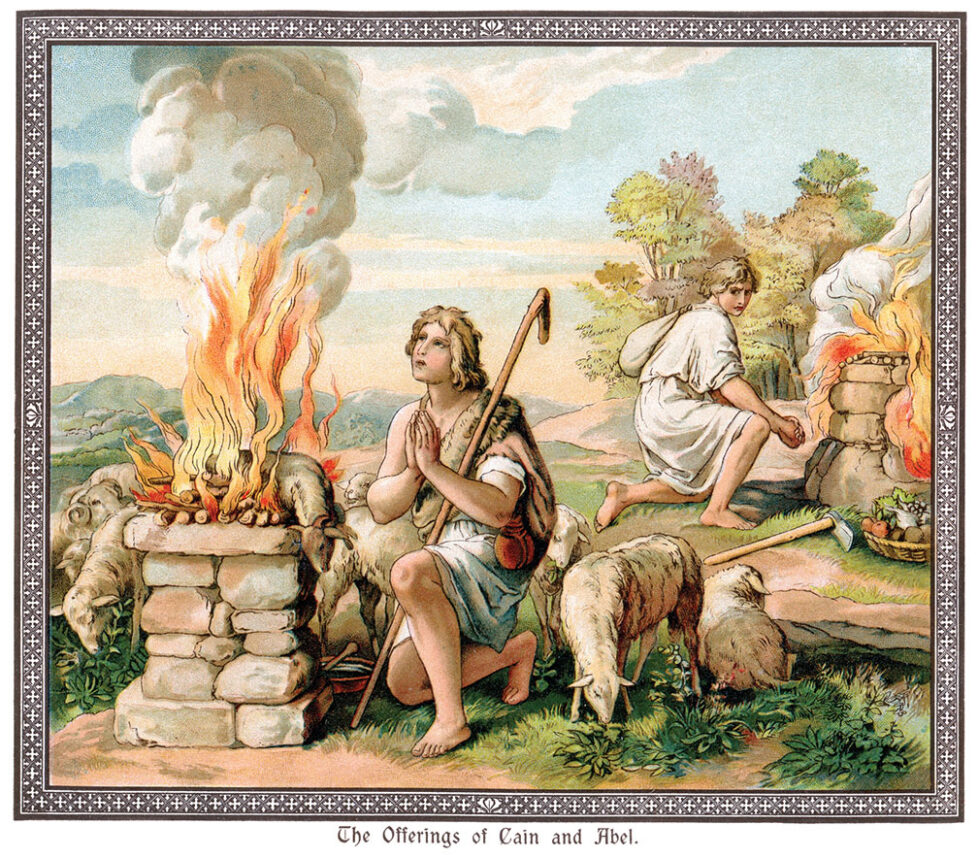When, as a young woman, Rebbetzin Yehudis Fasman met Chaim, her husband-to-be, he laid out his life plan and made sure that she agreed with it. His plan was not to become a millionaire or to spend hours in the office shooting up the corporate ladder. Nor did he want to become a pulpit rabbi of a large congregation. Instead, his ambition was to simply sit and study. He wanted to devote at least five or six years of his life after marriage to full-time Torah learning in kollel (an institution that supports married men who want to spend their lives studying Torah fulltime) and after that to work in avodas hakodesh (holy work) on behalf of the Jewish people.
Rabbi Chaim Fasman now holds the position of rosh kollel (head) of Kollel Los Angeles Bais Avrohom, the largest of six kollels in Los Angeles, with 15 full-time learners.
Funds raised from the community provide a small stipend for these men — known as avreichim (fellows) — and their families to live on, and all the men have to provide is the stamina, determination and mental acumen to sit and study for at least 12 hours a day.
The rise of kollels in America is attributed to Rabbi Aaron Kotler, who arrived in the United States in 1941 from Poland and established a kollel called the Beth Medrash Govoha in Lakewood, N.J. Lakewood grew to be one of the preeminent Torah centers in the ultra-Orthodox world, attracting thousands of learners, and since its establishment, kollels have mushroomed across America. Today, while the largest kollels are found in the big cities, such as New York and Chicago, one will also find kollels in such unlikely places as Des Moines, Iowa; Dallas and Phoenix.
It is a curious ambition that drives the kollel avreich. Learning in kollel means that you will be spending the vast majority of your waking hours studying texts, but the study itself will confer no degree. Nor will your research ever provide the social acclamation that comes with such endeavors as looking for a cure for cancer or attempting to solve the problems in the Middle East.
It means that your professional life will be taken up with work that will never offer a substantial financial reward, no matter how many years you slog away at it. Even the most accomplished kollel avreich leads a Spartan lifestyle, with none of the trappings that most people associate with success — the fancy cars and houses, healthy stock portfolios and large bonuses at the end of the year.
So why would a person choose to learn in kollel? The pay is poor, the hours are long and the studying difficult. "It is their fulfillment as Jews," Fasman said. "There is nothing more meaningful in today’s world than learning."
"The people that chose to learn in kollel see Torah as the main and perhaps only objective of their life," said Rabbi Shlomo Holland, the director of development at Bais Avrohom. "That means they are going to dedicate their life to learning and studying and to conduct their life according to this Torah. The more they are steeped in this knowledge and the more they have a grasp of its true meaning, the more they are able to live this type of truthful life. It is a dedication — not to a profession, but a way of life."
It is also intellectually stimulating. "I guess a person finds fulfillment in that total engagement in study," said Rabbi Yehoshua Kohl, 31, the rosh kollel of the Valley Kollel. "People definitely find something attractive in the experience of being engrossed in study, and they are enthralled with the challenge, intellectually and emotionally, of what they do."
For many, learning in kollel is the apex of a yeshiva career. "Most people [learning in kollel] have been through the day school system and have gone through a yeshiva high school and have spent a number of years learning in the [post-high school] yeshiva beit midrash [house of study]. Learning in Kollel, is in a sense, the final step in the world of being able to learn full-time," Holland said.
The yeshiva background is necessary not only for the skills required learning Talmud all day, but also for the mindset it provides. Kollel avreichim are expected to have a fundamentalist approach to life, eschewing the secular world so that their immersion in Torah studies is total. "We expect certain kinds of proper and personal qualities that people would expect from a ben Torah [son of Torah]," Fasman said. "No one in our yeshivish circles today would go to movies, or have a TV in the home. In the traditional Orthodox world, that is not accepted."
Most Ultra-Orthodox men will learn in Kollel for some period of time — at least a year — after they are married. Many will do it in the large Kollels on the East Coast or in Israel. Most men will not be in Kollel forever, eventually leaving the kollel to take positions in the community as teachers or Rabbis. "Of the 45 alumni of Kollel Los Angeles, all but three have positions in Avodas Hakodesh," said Fasman. "They are either Rabbanim, or principals, or teachers." The same is true for Kollel wives, with many of them taking positions as principals or teachers in the religious day schools across Los Angeles.
Shifra Revach, 30, is married to David, an avreich at Bais Avrohom. "There is nothing imposed, but there is a certain code of conduct that one would assume you undertake when you become part of an institution," she said. "It is a matter of personal integrity, and I think it is understood that in order to be an integrated person, you need a set of values that is consistent with what you are doing.
"If I were to introduce the values of the surrounding culture into my lifestyle, to me that would be an inherent contradiction, because those are values that I do not espouse, and I see myself as a counterculture to those values," she explained.
Those who learn in kollel see their role as tremendously important and vital to the survival of the Jewish people as a whole. "This is a contribution to the Jewish people on the highest level," said Rabbi Nachum Sauer, the rosh kollel of the Yeshiva University Los Angeles (YULA) Kollel. "Those who learn in Kollel are preparing themselves to be educators and rabbanim, which is so critical to the Jewish people," he said. "The real weapon of the Jewish people in battling our enemies is Torah learning, and these are people who are providing that weapon. If someone wants to become a surgeon, they need years of training. Similarly, you need years of training to become a Torah scholar. "
Valley Kollel, Bais Avrohom Kollel and YULA Kollel are community kollels, which means that the avreichim will spend hours each day teaching classes and learning with members of the community. This is seen as enhancing the community that supports the kollel.
"The kollel creates a nucleus for the community that radiates a certain amount of spiritual growth, and it does wondrous things," Revach said. "Learning is one of the ways to connect to God, and when you have a venue to do it, it gives the community focus."
Those who espouse the kollel lifestyle speak reverently of the joys it has bought them, and it seems that it is a lifestyle that can do no wrong. Although the men bring in salaries that are not very high — those interviewed for this article declined to give exact figures, though Sauer did say that the avreichim in the YULA Kollel receives more than $35,000 a year — the financial pressures that might otherwise undo a marriage dissolve in the context of the bigger picture.
"One has to struggle financially, and one has to learn a contentment on a much simpler level of having physical goods and possessions," Holland said. "But I see this as less of a strain and more as a unifying factor in the marriage. The wife wants this [lifestyle] as much as the husband does, and this creates a tremendous united effort."
Revach is similarly contented. "People see it as a sacrificial lifestyle, but it gives us a tremendous sense of spiritual values and focus," she said. "I feel very fortunate, and I feel very privileged that this is my life."









